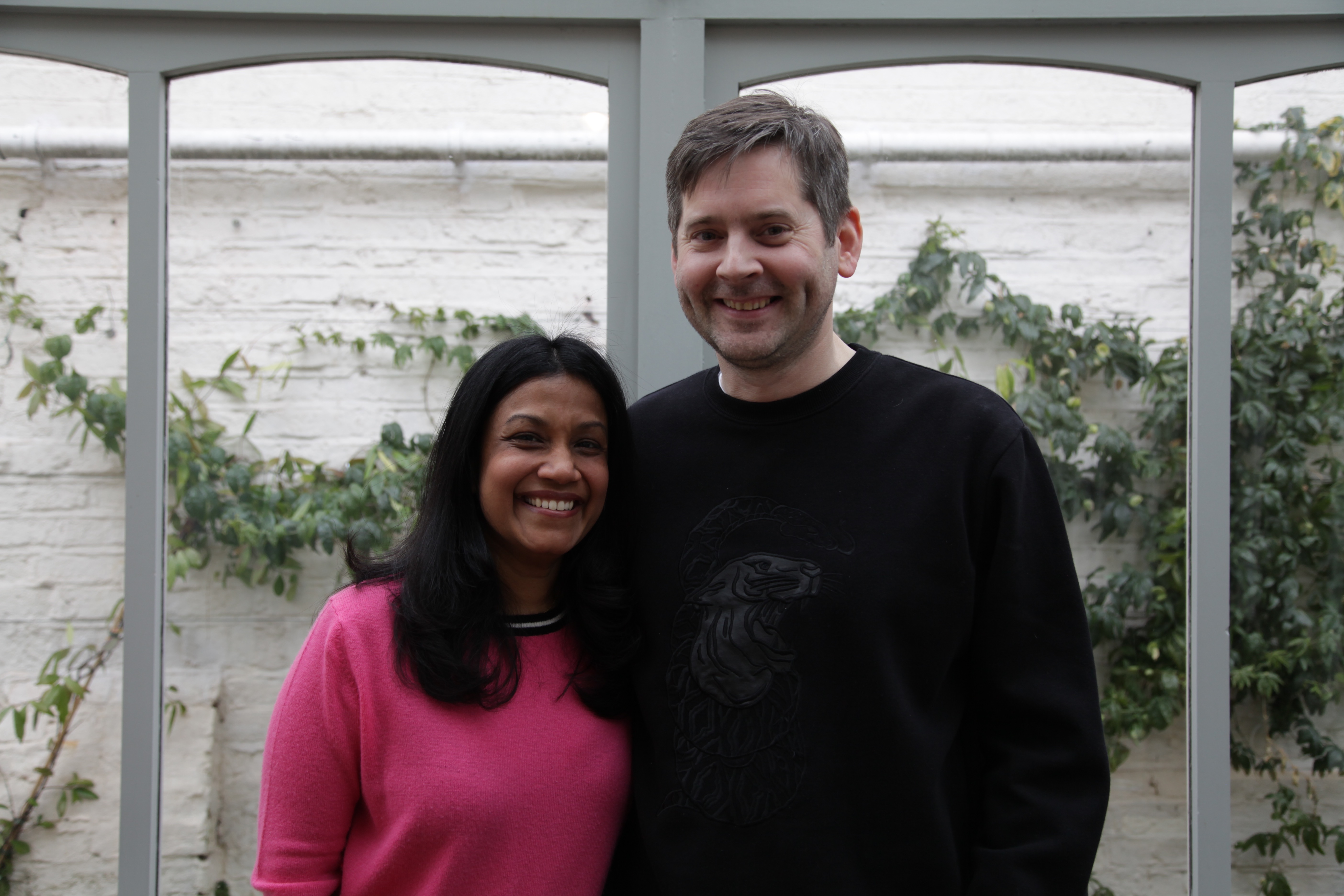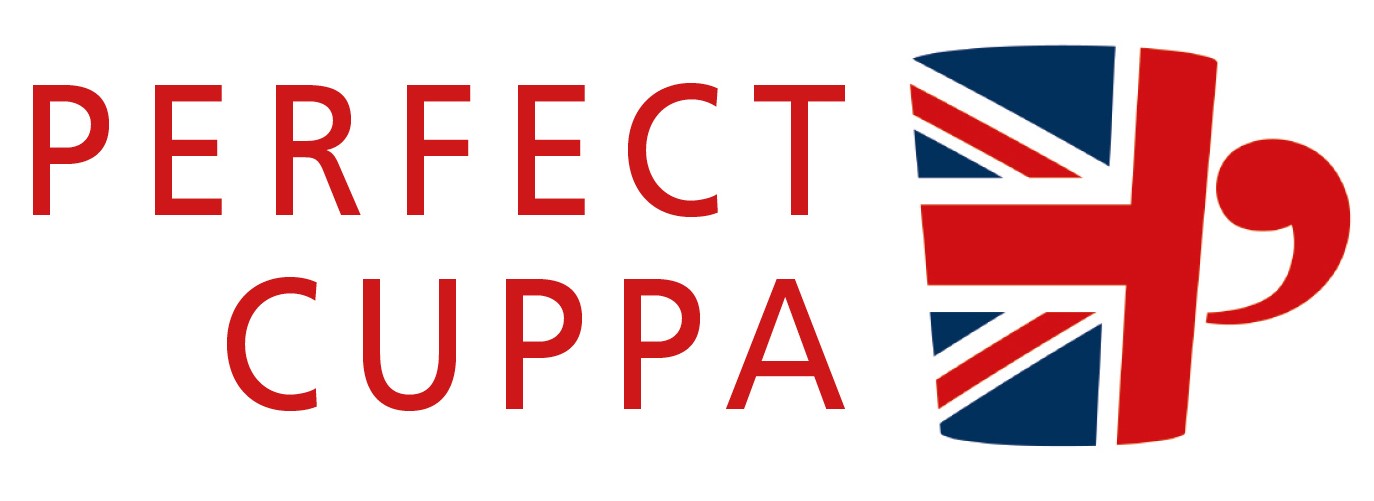Returning to Work: How to Find Your Next Job After Having a Family – by Kath Sloggett
Workshop Notes
- Reassess who you are now and what role you want. What skills and experiences do you have now, what are your work values, what are your goals?Most people want to skip this part because they want to get busy and tick things off their list – update CV, LinkedIn, etc – but you can’t start any of these things until you know what you want to be doing. It will define your brand, how you update your profile, how you talk about yourself, and who you will meet in your search.Be aware that most people have some limiting assumptions – “I can’t do that because” – which get in the way when thinking about career. As in independent career coach, and a working mother with insights on both work and personal life, I can often find ways to test those assumptions with clients.
When thinking about the role you want, it can help to look 3-4 years ahead – and then think about the career stepping stones to get there. Your next job is unlikely to be your last. Look for what each role can offer you.
- Work on your brand. What am I known for? What problems do I solve for my employer? HowamIdifferenttoeveryoneelsewhowillbeapplyingforthese roles?
- Update your CV.
- Update your LinkedIn and add a photo.
- Create a professional email address – firstname.surname@gmail.com
- Review your social media profile and Google your own name (put your name in inverted commas – “Kath Sloggett” – and add the word London if there are lots of searchresultsthataren’tyou). Recruiterswilllookatthem.
- Before your interviews, practice explaining your background and practice your workstories. Rememberthattimewhenyouhadachallengingclientatwork,how did you handle it? Your old stories will be a bit rusty and you might need to remember the details to add interest and make them sound more current – and then reframe your stories to make them more relevant to the role you want rather than the one you had at the time.
Where to look for roles:
Most likely to be successful for returners:
- Informal networks – 85%+
- Starting own business
- Approaching organisations directly.Consider searching for full-time roles to find higher level/better paid roles. Either re- enter on a full-time basis initially, to refresh your CV, or request flexible/part-time work at the interview stage.Work options to consider/places to search:
- Family and friends – use your secret weapon, other women!! School run mums are surprisingly good at this, with many having had several roles/careers before having a family, and hence wider networks than we often give them credit for.
- Ex work colleagues, ex clients, ex suppliers, industry contacts – even if you are changing your career direction, these people know you and will still help you to find different roles if you give them the right information.
- Use informational interviews with people who work in roles/industries similar to those you are aiming for.
- LinkedIn – great for researching current job roles, finding CVs to learn from, and finding recruiters and employers for the types of roles you are interested in.
- Online recruitment sites – but don’t rely on them to find a job!
- Returnships
- Alumni/professional organisations – universities, business schools, IoD, etc
- Flexible Freelance – I mentioned Upwork and People Per Hour
- Consulting – typically relies on your existing skills/experience
- Start/buy a business/buy a franchise
- Volunteering – www.do-it.org, www.charityjob.co.uk, www.thebiggive.org.uk
Work Values Exercise
We did a very quick version of a work values exercise, considering what attributes a job would have to have for you to want it. And what missing attributes would make you leave a job.
Homework:
Finalise your list of values and prioritise them, making a note of the top 3-4 values and considering these as “must haves” for your next role. The longer list should also be kept in mind when assessing roles or when comparing two or more available roles.
Defining Your Role Exercise
This is a useful exercise to do when you are not sure of your future career direction. You may be considering a range of roles, or have no idea what you want to do next.
Many people already have an idea or a picture of how they would like to work. Without placing any limitations on your thinking, list everything you already know aboutyourfuturerole. Beasspecificasyoucan.
You might like to consider aspects like: working hours or working pattern, location, holiday periods, travel, office environment, types of people you will be working with as colleagues and clients, the type of work, what you will wear, how you will travel to work, etc. Get specific. The list is endless. If you like, close your eyes and dream a little, picturing exactly what this working life will be like. Then describe everything you can.
As I showed during the workshop, the clearer you can be about the things you do know about your future role, the clearer you can be with the people around you (who will keep an ear out for jobs for you) and the closer you will get to defining the specific role/organisation/structure you want.
Your homework:
Discuss your ideal work definition with your partner and add in any new perspective of shared elements. For example, when are you likely to want to take family holidays together, can they help with some school runs if you are considering doingsomeoralllongdaysatwork. Thiscanbeareallyusefulexerciseinitsown right, teasing out some of the assumptions both partners make (eg “but I thought you could do the nursery drop off on Wednesdays because that’s my management meetingmorning”). Spotconflictssoyoucanresolvethem.
For further career tips and advice, and for information on Returnships and family- friendly jobs, please visit and ‘Like’ my Facebook page: www.facebook.com/runnethlondon.
If you have any questions, or would like to discuss our own career in more detail, please contact me at kath@runnethlondon.com or 020 70432292.
Career Coaching services by runneth london:
Receive 10% off for yourself or anyone you refer. Offer ends 28 February 2016.
Career Boost Session, £245
To help you focus on making your current role a success, and the steps needed to createthecareeryouwant. Onesession.
Career Transition Package, £695
To help you identify, or clarify, your future career aims, and create an action plan to help you secure a job you’ll love. Three sessions.



























